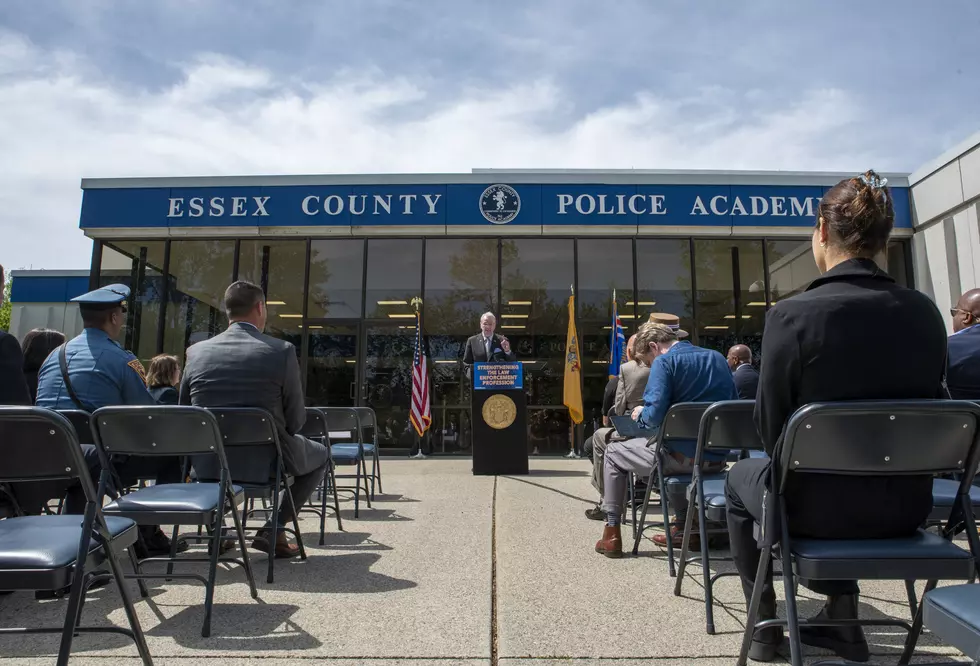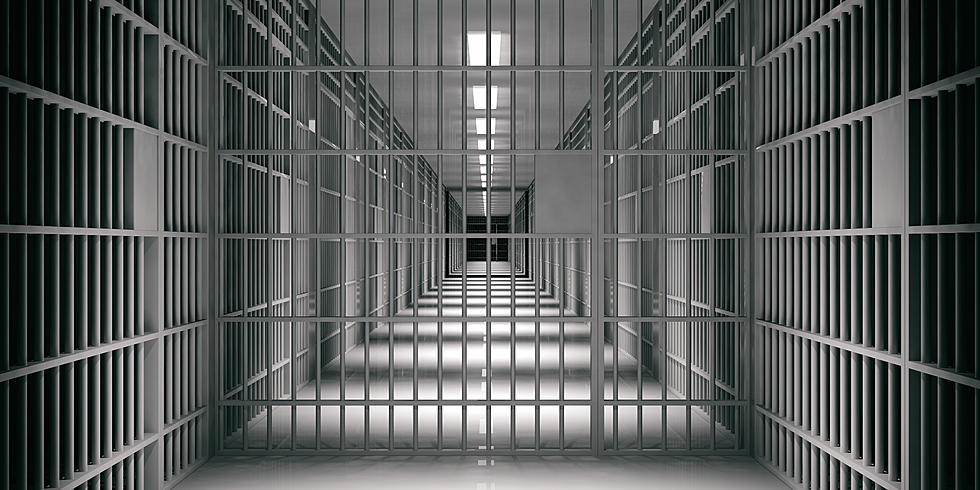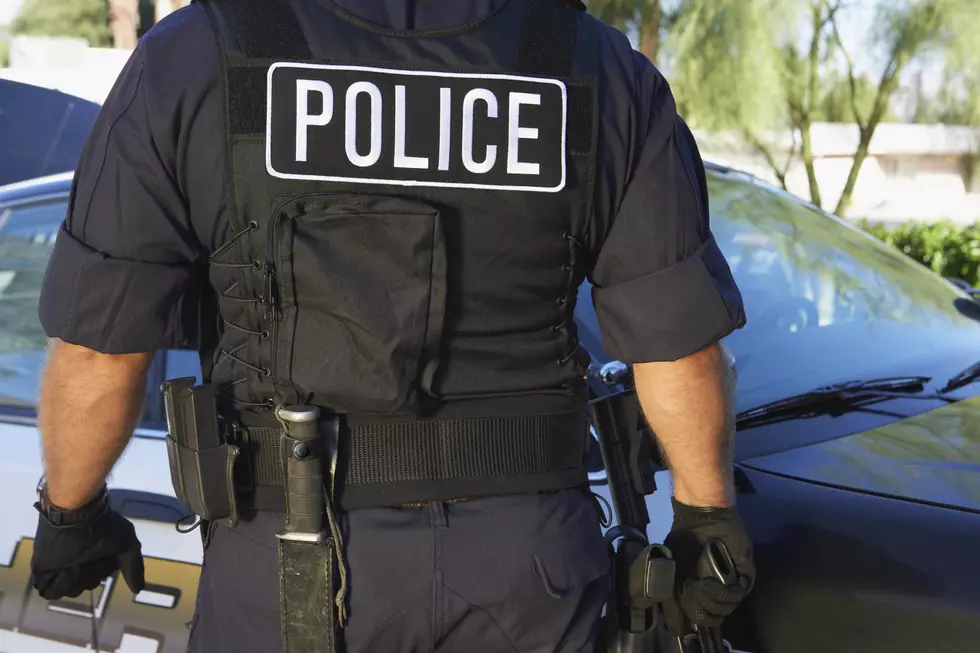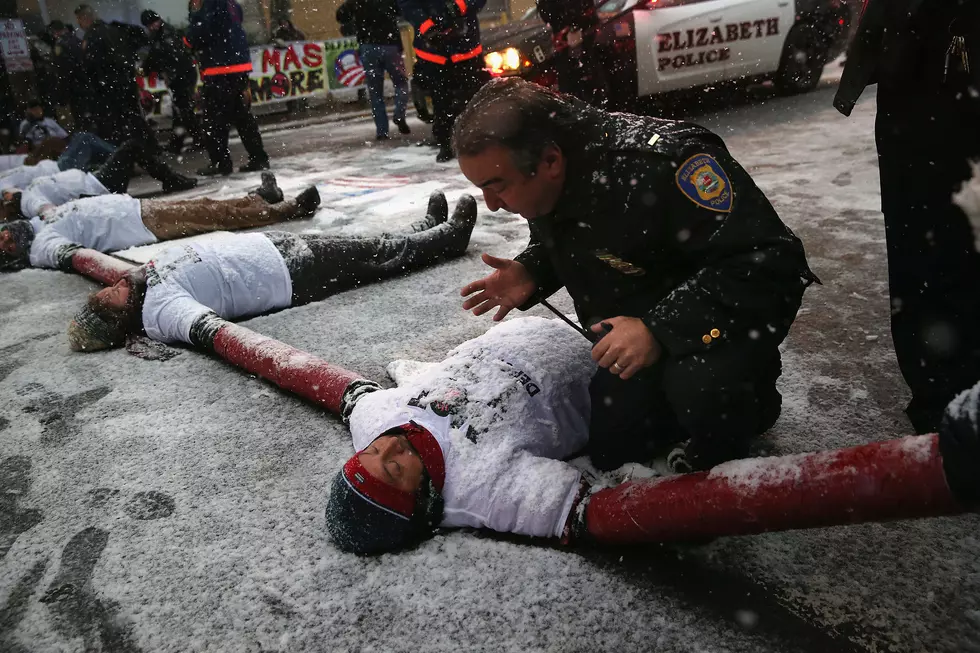
Should cops be evaluated by number of tickets they write?
Police ticket quotas aren’t legal in New Jersey, though reviews of individual officers’ performance can be based partially on how many summonses they write.
A proposal to change that inched forward in Trenton, then got pulled over this week when a scheduled vote was scuttled at the urging of the association that represents police chiefs.
In a position paper shared with lawmakers, the New Jersey State Association of Chiefs of Police said existing law allows departments to fairly assess officers’ performance. Tickets and arrests are part of an officers’ job and it makes officers less accountable if those totals can’t be considered, the group said.
“In effect, management would be prohibited from using in any manner the fact that an employee has failed to in any way perform the key functions of the job in evaluating that employee’s job performance. In what other line of work would this even be considered to be a rational system?” said the association's memo.
Patrick Colligan, the president of the New Jersey State Police Benevolent Association, said towns are pressuring police departments to increase revenues by issuing tickets as a way to survive the 2 percent tax levy cap.
“Chiefs are under great pressure from their council and their administrations to increase revenue,” Colligan said. “Taxes can only go up so much, but tickets – you know, you can write as many as you want. And unfortunately that’s the situation we find ourselves in.”
A state law adopted in 2000 prohibits police ticket quotas for motor vehicle violations.
That law also prohibited police departments from using arrest or ticket volumes as the sole basis for personnel actions such as promotions, demotions, dismissals or earning benefits. An early version of that law said numbers of tickets also couldn’t be a primary criterion for such decisions, but that language was ultimately narrowed to say only that it couldn’t be the sole basis.
Colligan said there a lot of ways to evaluate police officers that don’t involve ticket-based standards.
“A rose by any other name,” Colligan said. “You want to call it a standard, I will call it a quota.”
Some officers have been disciplined for not writing enough tickets, said Rob Nixon, the PBA director of government affairs. He said one municipality has denied officers vacation leave and meal breaks and that some departments post ‘shame boards’ highlighting officers who have written fewer tickets.
“This (bill) will just close that loop and ensure that trust that the public has in our officers is maintained, knowing that rumor that we all hear – it’s the end of the month, so the cops are out there writing tickets – that is an absolute problem that this bill will once and for all set aside,” Nixon said.
The bill, S1105, was on the agenda for the Senate session Monday but wasn't called for a vote.
The New Jersey State League of Municipalities also opposed the bill, saying it intrudes on local personnel management.
"The effective enforcement of laws will, necessarily, involve writing citations and making arrests," the league said. "If consideration cannot be given to performance of these responsibilities, then responsible, hardworking officers could be given no preference, when evaluating candidates for promotion. The result would be unfair to those officers, and to the taxpaying citizens they are sworn to serve."
The police chiefs’ association says the proposed bill circumvents established labor relations. It adds that officers who feel there are quotas being implemented can file grievances or report it to their county prosecutor.
Only poor-performing police officers would benefit from changing the evaluations, the chiefs say.
“The message this legislation send is 180 degrees from what our citizens should expect from those who are given the responsibility to serve and protect the public,” the group told lawmakers. “In the end, if an officer cannot be held accountable by supervisors, then he or she cannot be held accountable to the ultimate responsible party – the taxpayer.”
More From New Jersey 101.5 FM









